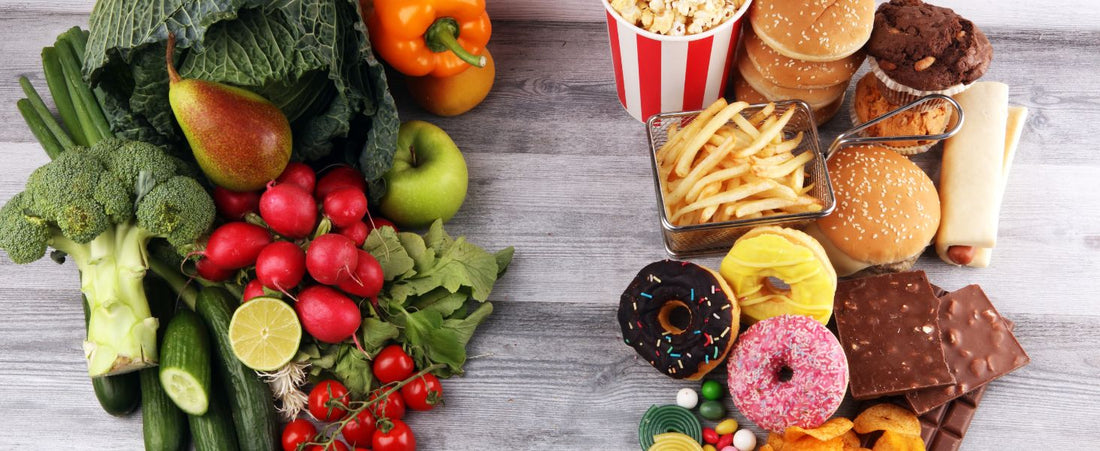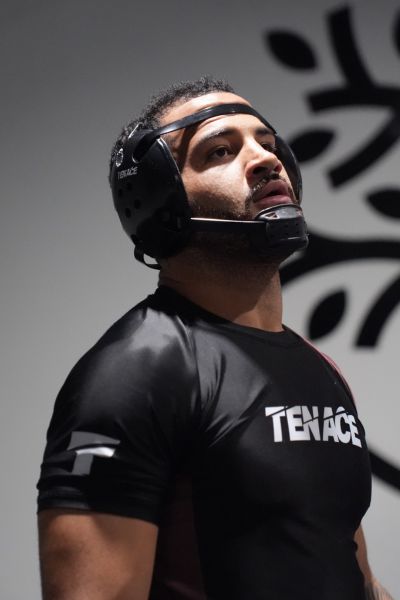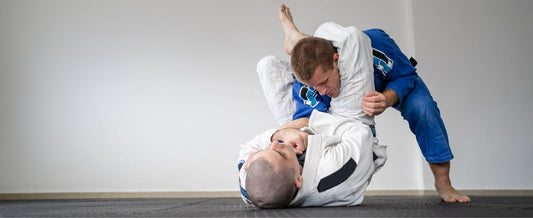
What to eat the day before and the day of a JJB or Grappling competition?
- Why is what you eat before competing so important?
- When to adjust your diet for competition?
- The day before competing: what to eat and what to avoid
- Breakfast on competition day: light and effective options
- Between fights: what to eat and drink to stay fit
- And after competing? How to recover well
- What if you had to lose weight? Rehydration and refueling
- Nutrition as a key part of your performance
- 🎁 Exclusive discount for competitors
A practical guide to feeling light, strong, and energized in every fight.
Competing in Jiu Jitsu or Grappling isn't just about technique. The food you eat before you step onto the mat can make the difference between optimal performance... or feeling like you're out of gas two minutes in.
Whether you're coming off a weight cut or competing at your natural weight, what you eat the day before and the day of the tournament is crucial . In this blog, we give you a practical, simple, and realistic guide to arriving well-fed, without feeling bloated, and with the energy to perform at your best.
Why is what you eat before competing so important?
Because your body won't run on technique alone. To move quickly, make good decisions under pressure, and stay strong for multiple rounds, you need available energy and a calm digestive system.
This is not the time to experiment with new foods or improvise.
Nutrition is one of the most determining factors in your performance... and yet, one of the most overlooked by many fighters. You may have trained hard, cut weight in a controlled manner, and slept well, but if you eat poorly before a competition, all of that can go down the drain.
Eating well is key to:
- Have energy: Your body needs glycogen (fuel) to move fast, endure, and maintain strength in demanding fights.
- Light digestion: If you eat poorly or overeat, you may feel sluggish, gassy, or even nauseous during combat.
- Clear mind: A good diet stabilizes your glucose levels, which translates into better concentration, better decision-making, and fewer "crashes."
- Hydration: Some foods promote the absorption of fluids and electrolytes, which is key after weight loss.
When to adjust your diet for competition?
Ideally, about 48 hours before your fight you should adjust your diet.
It's not about going on a crash diet, but rather eating clean, easy-to-digest foods that fill you up without weighing you down .
From 2 days before:
Avoid fried foods, highly processed foods, alcohol, or very salty foods.
Choose white rice, boiled potatoes, chicken, eggs, soft fruit (banana, apple), and plenty of water.
The day before:
Reduce your food volume, but keep your meals frequent. Eat what you already know is good for you.
The same day:
Don't experiment. Use familiar foods that give you energy without complicating digestion. Stay hydrated with water and electrolytes.
The day before competing
Your goal is to fill your muscle glycogen stores (your fuel) and avoid foods that cause inflammation or discomfort.
What to eat?
Continue with your usual diet. If you tend to eat more healthy fats than carbohydrates, continue with that routine. If not, you can also:
- Carbohydrates: white rice, boiled potato, ripe plantain.
- Lean proteins : chicken, white fish, eggs.
- Healthy fats : avocado, olive oil.
- Soft fruits : blueberries, raspberries, ...
What to avoid?
- Heavy or greasy meals.
- Foods very high in fiber (legumes, whole grains, raw vegetables).
- Excess sugars.
- Spicy foods or foods you don't usually eat: this is not the day to "try something new."
Eat 3-5 small, balanced meals throughout the day. Don't binge or go for long periods of time without eating.
And above all: stay hydrated . Drink water with electrolytes regularly, without overdoing it. Subtle dehydration is one of the invisible enemies of tournaments.
Breakfast on competition day
This is probably your most important meal. It should give you energy, not weigh you down, and leave you ready for action.
How long before should I have breakfast?
Ideally, it's between 2 and 3 hours before your first fight (or before the weigh-in if you're competing that same day). Breakfast idea:
- 2 boiled or scrambled eggs and half an avocado
- 1 ripe banana
- Almonds
- Mild infusion or green tea
- Water with a pinch of sea salt or electrolyte drink (hydration and essential minerals)
Extra option if you need a little more:
– Half a natural yogurt (no added sugars)
What to avoid:
- Too much coffee if you are not used to it (it can increase anxiety or cause depression).
- Foods with a lot of fat or fiber
- New foods that you don't know how they affect you.
- Pasta, rice, oats, bread
- Soft drinks, juices, processed smoothies
Between fights: what to eat and drink
If you have multiple fights or knockout stages, it's key to replenish your energy without feeling bloated.
To maintain energy between fights:
- Banana
- Water with electrolytes
- Walnuts or almonds
- Low-sugar energy drink (optional)
Avoid full or heavy meals. If you feel very full or sluggish, you probably ate too much.
And after competing?
Once you're done with your match or tournament, you can reload without fear!
If you're craving carbs, now's a good time: rice, potatoes, fruit, whatever you like best.
Your body is ready to absorb it all and help you recover. Here, you can eat a complete meal with:
- Carbohydrates + proteins + cooked or raw vegetables.
- Drink plenty of water.
- Eat without guilt, but without violent binges (especially if you're coming off a weight loss).
What happens if you cut weight?
If you had to cut weight and weighed in the day before, you should hydrate and fuel up properly from the moment you leave the weigh-in.
- First rehydrate with water and electrolytes (sodium, potassium, magnesium).
- Then eat simple carbohydrates (rice, potatoes, bread, fruits) in small quantities.
- Avoid binge eating: eat every 2 hours.
- Control fats and fiber to avoid collapsing your stomach.
👉 If you want a complete guide on this, check out our blog:
How to safely cut weight before a competition
Nutrition is not just another detail: it is part of your tactical preparation .
A well-nourished body gives you better energy, focus, endurance, and recovery.
Don't underestimate what you eat before competing. And certainly don't improvise.
Are you already preparing to compete?
At Tenace, we design protections designed for those who train hard and compete hard:
✅ Knee pads with stabilizers to support the most demanding positions
✅ Comfortable earmuffs that avoid the classic "cauliflower"
✅ Elbow pads to protect you in every scramble or takedown
Check out our collection here: tenacesports.com
GIFT:
If you're racing soon or are preparing, use code T-10 and receive a 10% discount on any product on our website. Because racing demands a lot... and taking care of yourself should be easier.






